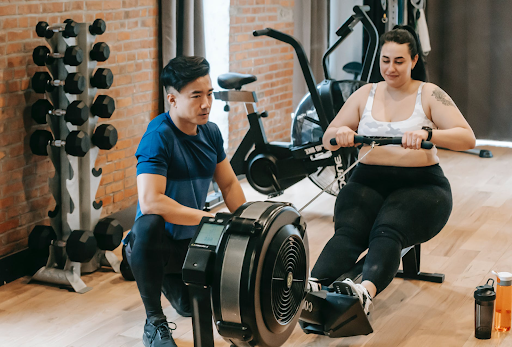What comes to mind when you think of a “typical” sleep apnea patient? More often than not, you envision a middle-aged, sedentary adult — usually a male. However, a study published in October by the UCLA School of Nursing found that sleep apnea is just as prevalent in women, it just presents itself differently.
This may come as a shock, but it’s estimated that 90% of females with sleep-disordered breathing go undiagnosed.
When it comes to obstructive sleep apnea, female patients often don’t experience the same symptoms as males. As a result, they often don’t go through sleep apnea testing and receive the necessary treatment. Their sleep apnea goes undiagnosed or gets misdiagnosed for another condition.
ApneaMed is here to walk you through the impact obstructive sleep apnea can have on women’s health when the condition goes undiagnosed.
What Is Obstructive Sleep Apnea?
Sleep apnea is a sleep disorder that causes an individual to experience repeated disruptions in breathing throughout the night. The disruptions are caused when the soft tissues of the throat collapse and block the airway, leaving the patient to snore, choke, or gasp for air in an attempt to reopen the blocked passageway. The individual often doesn’t know this is happening, which is why sleep apnea can go untreated for so long.
Sleep Apnea Symptoms in Women
Some of the most common sleep apnea symptoms include:
- Loud and persistent snoring throughout the night
- Choking or gasping for air
- Observable episodes of lapses in breathing
- Feeling unrested or fatigued after a full night’s sleep
- Recurring headaches
- Dry mouth or sore throat during the day
- Lack of concentration
Women with obstructive sleep apnea may exhibit some, all, or none of these symptoms, which is why it can go unnoticed by doctors and is difficult to diagnose without a sleep apnea test.
Sleep Apnea Health Risks for Women
For both males and females, untreated sleep apnea can wreak havoc on your health, contributing to serious health problems such as stroke, heart disease, hypertension, obesity, diabetes, depression, and more. Along with health problems, it can also cause a decline in cognitive abilities, impacting an individual’s memory, attention, and learning abilities. Although there are serious health risks for both men and women, researchers have recently found that there are more particular health risks associated with women.
Here are a few of the health risks of sleep apnea that impact women differently:
The Importance of Sleep Apnea Testing in Women
If a female is exhibiting sleep apnea symptoms, such as frequent headaches, snoring or trouble breathing while sleeping, or lethargy and daytime sleepiness, they should receive a sleep assessment.
A home sleep study is more affordable and less time-consuming than a standard sleep study. The individual will receive the home sleep test and instructions on administering an overnight unattended sleep study. While sleeping, the device will record the patient’s blood oxygen levels, heart and breathing rates, and how often their body moves blood oxygen saturation.
Following the self-administered test, the results will be analyzed by one of ApneaMed’s board-certified sleep physicians. They will provide a recommended treatment for sleep apnea, which will help the management of diabetes. Standard treatment is the use of an automatic positive airway pressure machine, otherwise known as APAP. A CPAP machine uses self-adjusting air pressure to keep the individual’s airways open while sleeping.
Contact our team to learn more if you have any questions about ApneaMeds’ at-home sleep apnea test or our sleep apnea treatment equipment.

